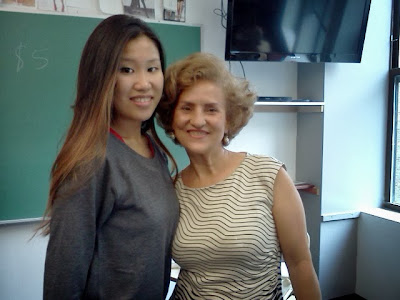We are surrounded by technology. Some of us ARE more INTO IT (like it more) than others. Some get excited about the latest iPhone or game console; others, on the other hand, simply think it is all too much.
Well, however you feel about technology, if you are an English learner, you should learn the vocabulary used to talk about them. Try the exercises below and start using the following idioms when you talk to your friends.
I. The bolded phrases below are English idioms that are somehow related to technology. To get the complete idiom, you have to fill in the blanks with vocabulary from the group of words below. GIVE IT A SHOT (try it), then do the next exercise to check your understanding. Answers are below (or the next page), but no cheating!
WAVELENGTH EDGE WHISTLES BUTTONS
PLUG SCIENCE LIGHT FUSE
- In the end, company directors decided to pull the ___ on the project because it cost way too much money.
- Besides, the idea was ___ years ahead & a lot of people couldn't see its value.
- The project included creating staff cell phones with all the bells and ___. Among many things, it would allow staff to clock in and out from their phones every day and allow everyone to order meals from area restaurants while keeping track of the company's lunch budget.
- Designers of the machine just couldn't get on the same ___ with the directors of the company.
- After the meeting, the head designer blew a ___ and tore up their blueprints. It was a good thing that they were all backed up.
- The whole team couldn't believe something so cutting ___ and great for the company could be disapproved.
- They thought the benefits and the low operating costs were so obvious. The concept wasn't rocket ___ at all, which made the disapproval completely perplexing.
- The team thinks administration will come around. The department head and the head designer don't get along, and they know how to push each other's ___.




















